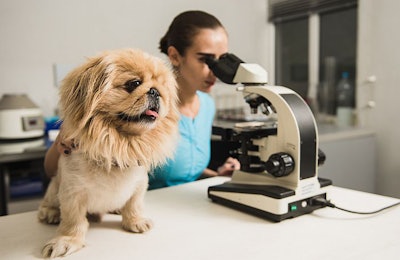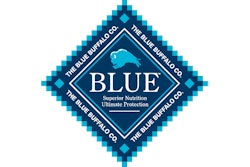
Dog, cat and other pet owners increasingly want assurance that the animal protein listed on a pet food’s ingredient deck really appears in the kibble, paté or other variety. Likewise, pet owners demand security that unlisted species aren’t present, especially when pets have allergies. During the past few years, several lawsuits and other negative issues arose because of unwanted species being present or labeled ingredients being absent. What’s more, some pet foods include animal proteins from specific regions, which creates demands for traceability. Genetic testing of pet foods may affirm marketing claims, while defending dog, cat and other pet food companies from lawsuits and scandals.
“With the genetic protocols we now have developed pet food companies can be a lot more transparent with their clients when it comes to label claims,” said Svein Haugmo, CEO of Orivo, a company focused on food stream traceability certification. “The aim with our development plans for 2020 is to be able to measure exact amount of target ingredients, such as salmon, chicken, duck or lamb, in the pet food kibble.”
Knowing the amount of a target species that should be present may help pet food companies avoid problems when incorrect ingredients are used. The genetic signatures of the species would vary from the expected values and raise red flags before a product can leave the factory.
How incorrect ingredient labeling threatens pet food
For example, in October, one man pleaded guilty to his role in passing off lower value ingredients to pet food companies as more expensive, higher quality poultry meal. That scheme resulted in a May 2014 lawsuit filed by Purina against Blue Buffalo for false advertising. Testing had revealed the presence of poultry by-product meal in some of Blue Buffalo’s pet foods, which were marketed to the contrary.
Beyond legal troubles, incorrect species in pet foods can have medical repercussions for dogs with allergies. Scientists found genetic traces from horses, cows, chickens, ducks, fish, goats, geese, pigs, rabbits, sheep and turkeys in pet foods that did not list those animals on their labels. The majority of tested dry and wet, dog and cat foods were mislabeled, according to genetic analysis by researchers with the University of Padua in Italy.

















